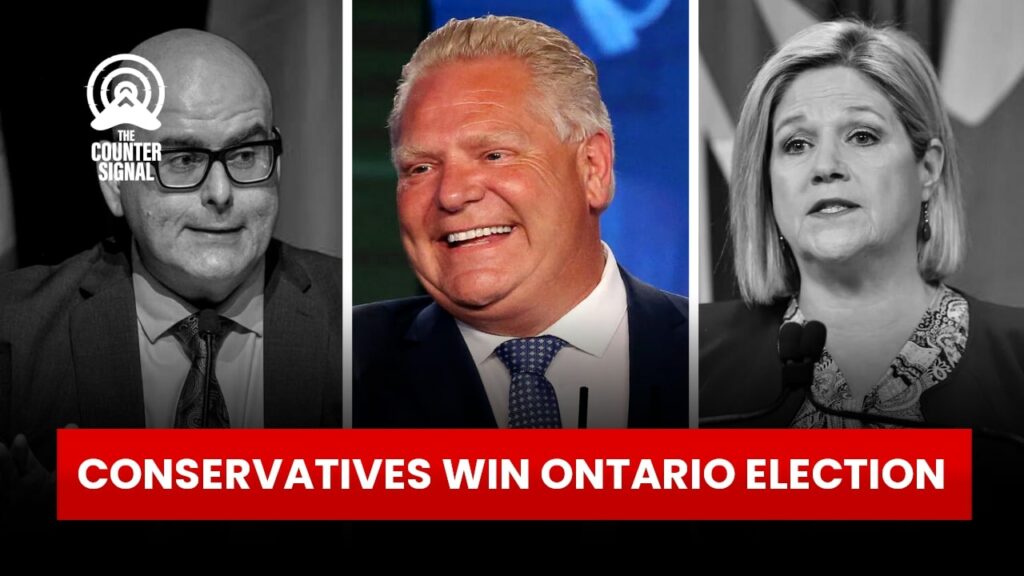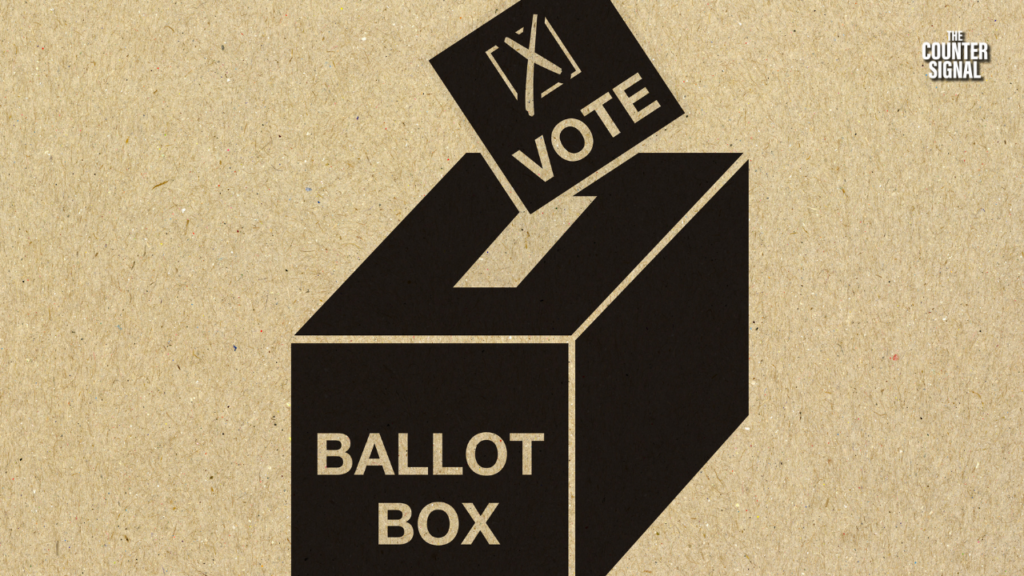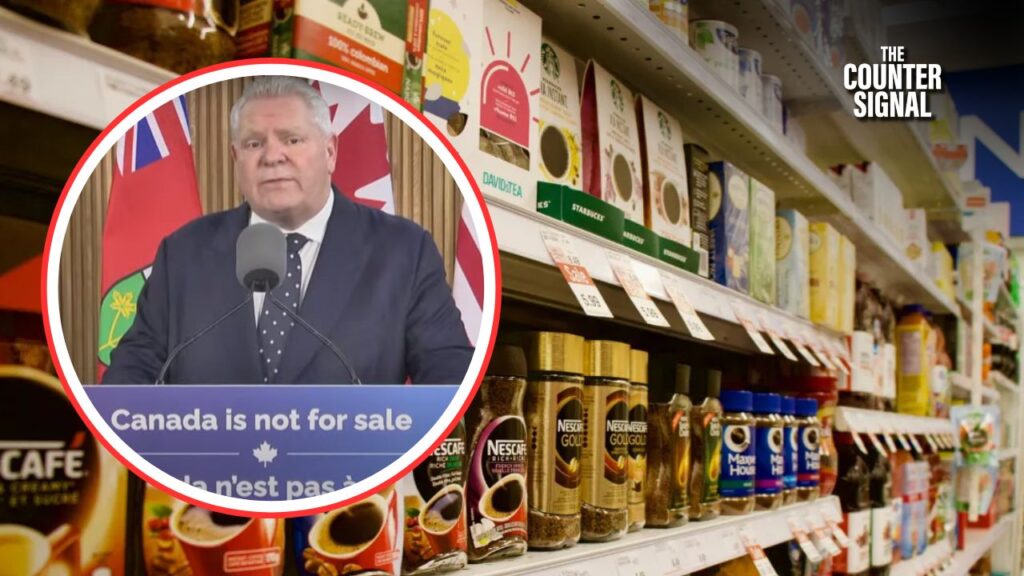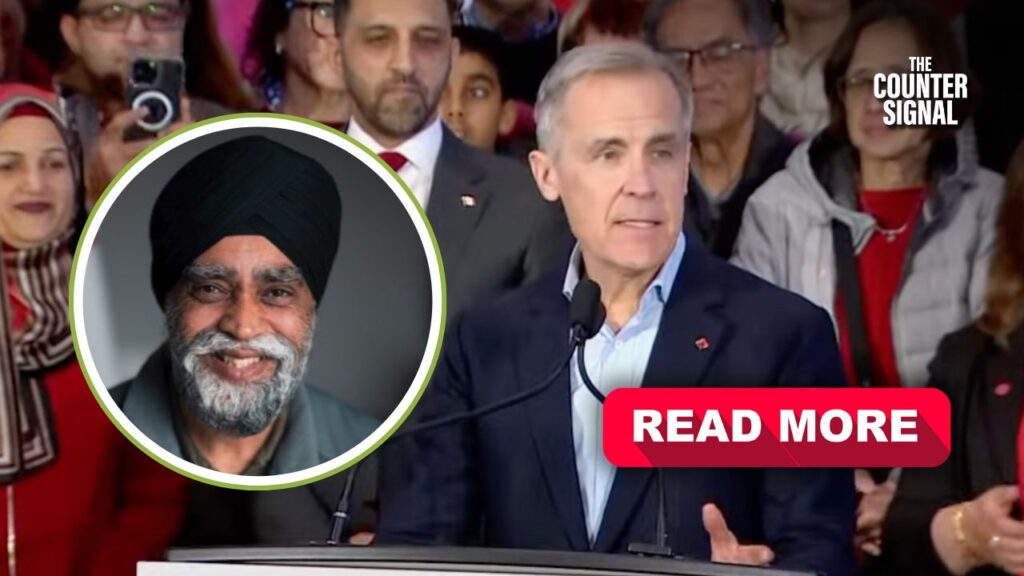The Progressive Conservative (PC) Party has successfully won enough seats to retain their majority, and Doug Ford will stay as premier following the Ontario election.

There are 124 seats in Ontario, meaning that a party must secure at least 63 seats to secure a majority government in an election. At approximately 9:43 p.m. on June 2, Ford and the PC party managed to do this.
At the time of writing, the NDPs have secured 15 seats and the Liberals have secured 6 seats — though both parties are expect to win significantly more.
The Ontario Party, led by Derek Sloan, and New Blue Party are currently projected to win zero seats.
For better or worse, the results are hardly surprising.
As reported by The Counter Signal, an Abacus poll published on the eve of the election showed Ford’s Progressive Conservative (PC) Party sitting pretty at 40 per cent, 13 points above their biggest competition, the Ontario Liberals (27 per cent) and 18 points above the NDP (22 per cent).
The poll also found that the PCs are leading regardless of gender for those over 30, with more men (45 per cent) and women (35 per cent) favouring the party in the province above the Liberals.
A Leger poll conducted between May 27 to 30 and published on June 1 produced similar results, with the PCs sitting at 40 per cent, 15 points above the Ontario Liberals (25 per cent) and 16 points above the NDP (24 per cent).
While some polls varied, there was no disputing that Ford was a favourite going into the election.
However, throughout the pandemic, Ford’s approval rating fluctuated and was on a downward trend going into election season.
Following the announcement of renewed school closures in January, Ford’s approval rating dropped by 6 points compared to the previous month to 46 per cent. The trend continued well into March, leaving him with a 37 per cent approval rating, barely enough to retain a majority if an election was held then.
Indeed, much of Ford’s abysmal approval rating came from Ford’s pandemic policies, which saw two years of prolonged lockdowns, vaccine mandates, and even police checkpoints set up.
The decisions were unpopular and remain so, so it’s a wonder how Ford has kept his head above water. Or at least it would be a wonder if Ford’s opposition didn’t outright promise to return Ontarians to a state of mandates and restrictions if given the opportunity.
Indeed, it appears that Ford’s victory came as a result of Ontarians wanting to avoid a future scenario like the one experienced in the province under Ford. It’s irony of the highest order, but, left with three bad choices with a chance of winning, Ontarians appear willing to check off on the best of the worst.










